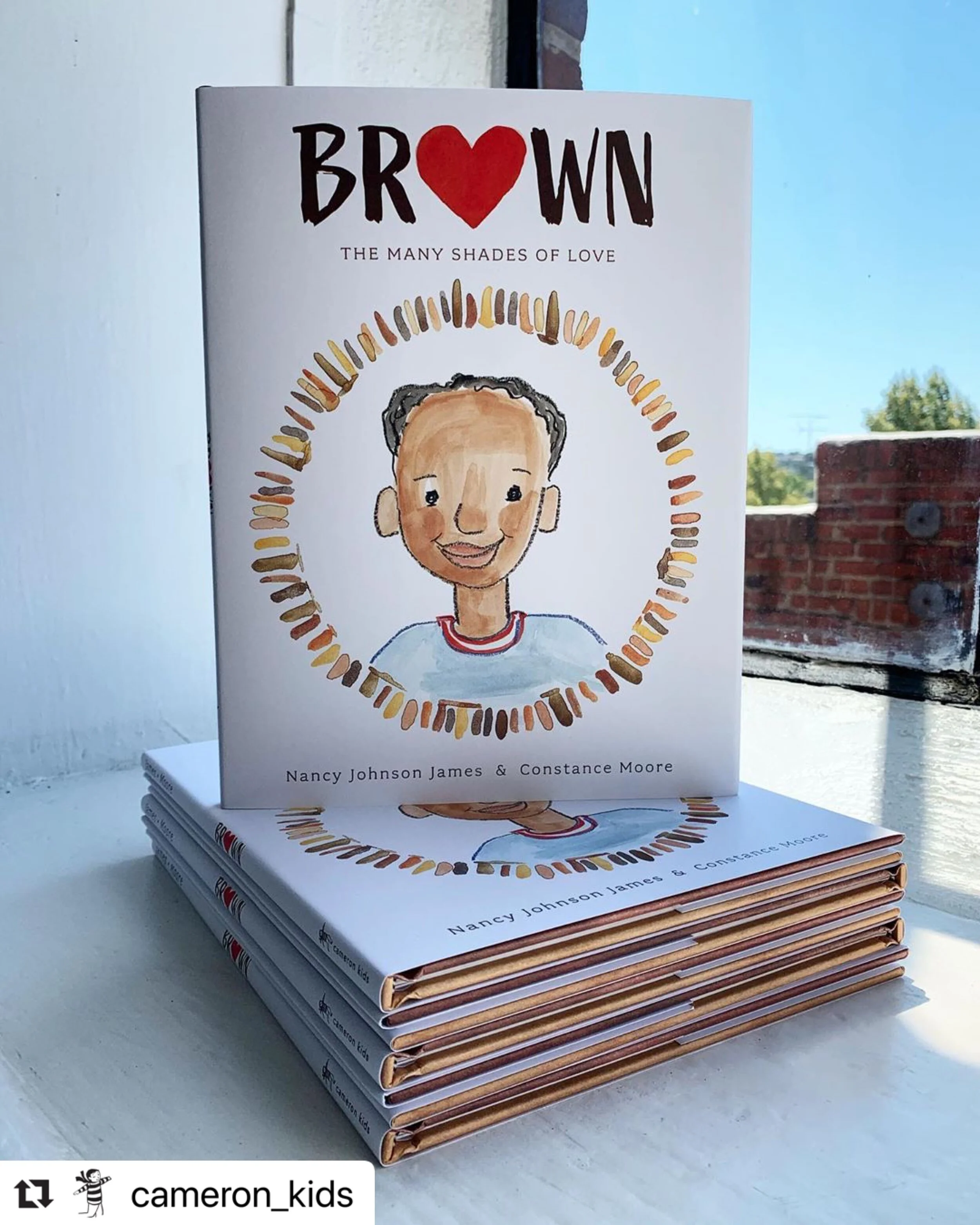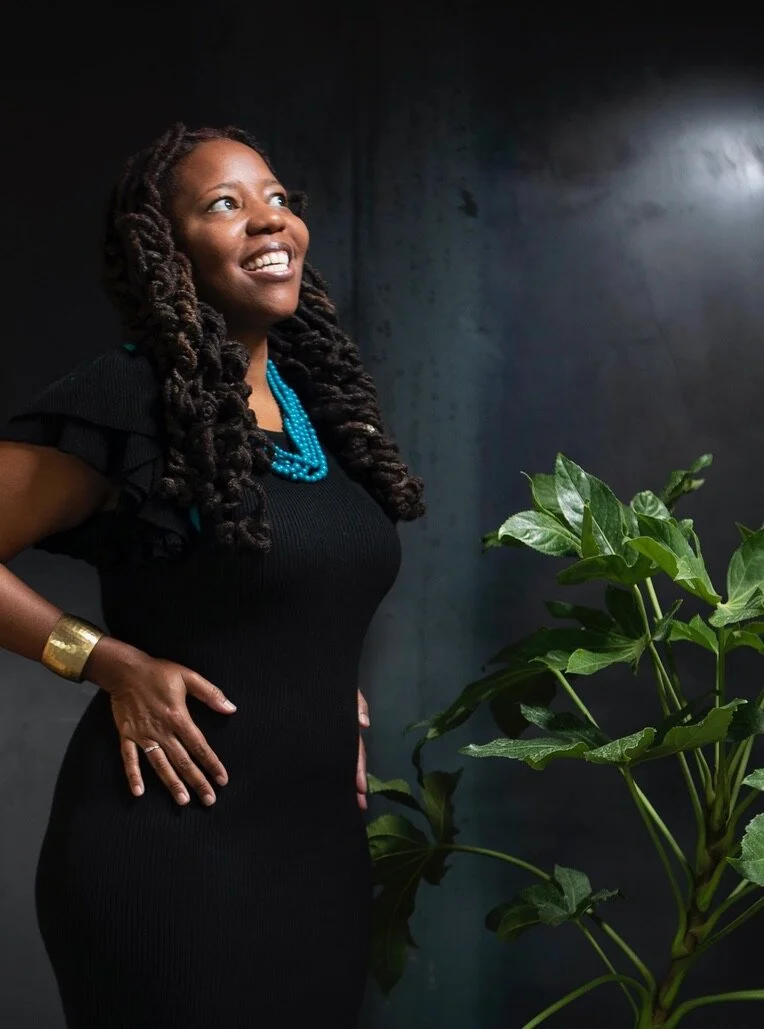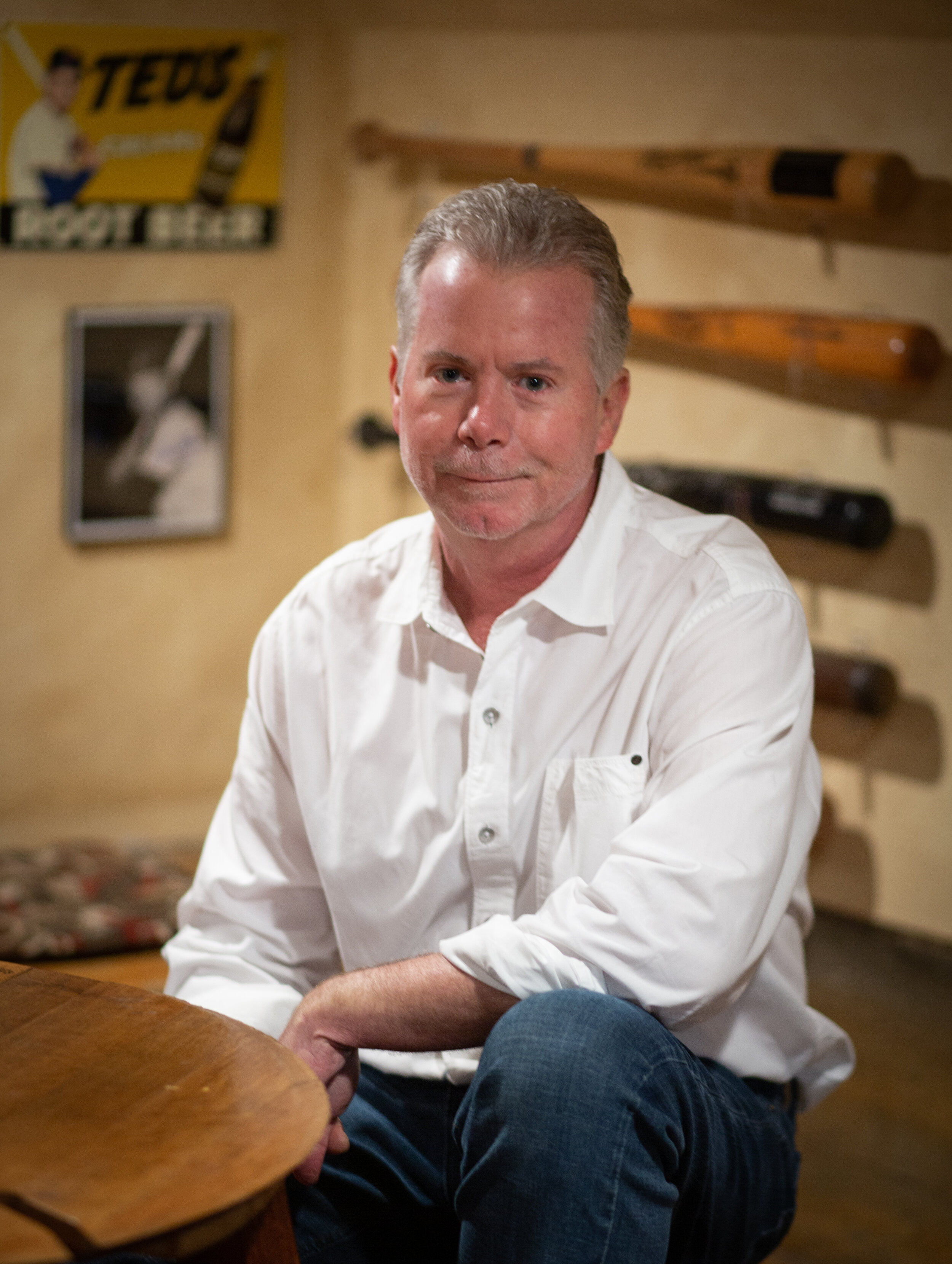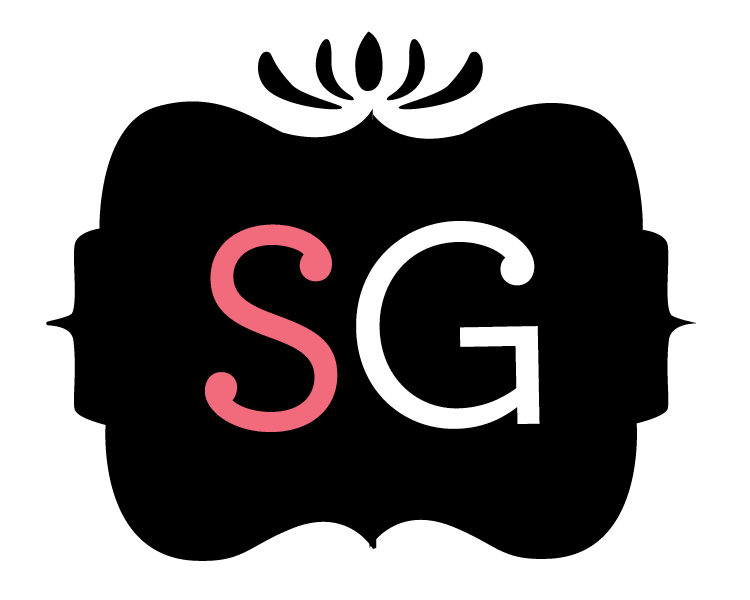All That Trash & Filth: Interview with July Westhale
Trailer Trash, July Westhale’s poetry collection about poverty, ravaged landscape, and gender, touches on a fuller, dustier California than Hollywood would have you believe. Her essays have been nominated for Best American Essays as well as the Pushcart prize. She has published a chapbook of her poetry, The Cavalcade (Finishing Line Press) and her children's book, Occasionally Accurate Science(Nomadic Press) is forthcoming.
Westhale says Trailer Trash, her first full-length collection and winner of the 2016 Kore Press Book Award, is about the cotton-country of Riverside County, Southern California in the 1980s/90s. “Not only a work of class and struggle, this is also a book of triumph, beauty, and constructed worlds,” she says. “An interface with grief and sanctuary in equal measure, these poems create a deeper understanding of origin stories. Never be ashamed of where you come from, they say, even when where you come from is broken, and dry, and made of tin.”
In this interview, we discuss her process, poetry as religion, and what’s sexy about trash and filth.
Kristy Lin Billuni: It’s the beginning of the year, so writers are thinking about goals. Does Trailer Trash feel like the completion of a goal you set?
July Westhale: I actually didn’t set about to write this book. I was working on a collection about Virginia Woolf. When I went to do a residency at the Vermont Studio Center three years ago, I sat down with the manuscript to index it out, so I’d know what my order of business was when I arrived at VSC. Indexing it, I realized I hadn’t written a book about Woolf at all, but rather one about my childhood, class, and California. And that actually seemed like a much more urgent thing to write about.
KLB: Sounds like this project taught you some things about yourself as a writer.
JW: This process taught me a tremendous amount about how truly unconscious writing is. That you can spend years working on a project and not know until much later what it’s actually about. It taught me about the intersections between global and personal (narrative, trauma, politic), and about how beautiful ugly can be.
KLB: How long did it take you to write?
JW: About two years, though once I figured out what my project was, I completed it in three months.
KLB: What did that teach you about writing goals and steps?
JW: As far as how it changed my now-process . . . Well. I’m more trusting of my brain.” More patient with what appears on the page. More faithful. I feel more religious about this than anything else in the world.
KLB: I love the idea of art and writing as a religion, as something to get religious about. Can you talk about how your values show up in your writing?
JW: I am always working to reconcile the disparity between academia and the poor/working class, and engage in larger conversations about breaking down borders between the two.
KLB: And breaking down those borders accomplishes something we might not expect from poetry as a genre?
JW: Yes! Poetry is an art form that is often considered inaccessible, canonical, academic. While it can be all of those things, it can also be hymnal—a kind of homage to the sorts of people whose stories don’t get written and remembered in any other way. A radical archive.
KLB: I love the idea of poetry as access, an open door or a platform for people who normally get left out.
JW: I’d argue that not only can poetry be the answer to erasure, but it indeed must be.
KLB: So Trailer Trash is for everyone who feels marginalized?
JW: I think that those who grew up in class margins, those who were othered, those who love California, those who are queer, those who are reverent, those who’ve lost parents, those who believe in climate change, have concerns about toxicity (in landscape & idealogy), who love poetry or psalms, or some combination therein or not at all might enjoy this book.
KLB: Sexy Grammar writers are always looking for something sexy to read too. Is Trailer Trashsexy?
JW: It is. Lots of dirty little poems about queer sex against walls, in fields, in trucks. Lots of talk of gender and femme identity and rural hearts and carnality. Grief is devastation, but it’s also tinged with joy, with carnality. A person’s gotta fuck, gotta fuck some stuff up, too.
KLB: Great. What else?
JW: It was sexy for me to write it, and will be sexy for me to read some of these poems on the road—because they feel so intuitive to desire. That how we walk in the world, and the shame of where we come from. How those things write themselves on our bodies, and how we can’t always wash ourselves of them. There’s something sexy and empowering about getting into all that trash and filth and finding redemption.
I want to inspire you, so I coax writing idols like July Westhale to reveal their creative secrets and processes in Sexy Grammar writer interviews:
Pre-order Trailer Trash before Feb 1st for only $12!
Get tour dates, links to work, and news on July's website.
Follow #badasscrushfriday, which highlights activist, writers, artists, and educators, including ME.
Subscribe to July’s Tiny Letter for things that make the world easier to bear, stories, and the occasional comic.
I cultivate sexy, bold, free writers in stimulating, one-hour private sessions and write essays and short stories about sex, writing, and sometimes pigeons.
Read my writing.
Flirt with me on Twitter.
Get my cafe reviews & reviews of me on Yelp.
Share books on GoodReads.
Schedule your free private session.













